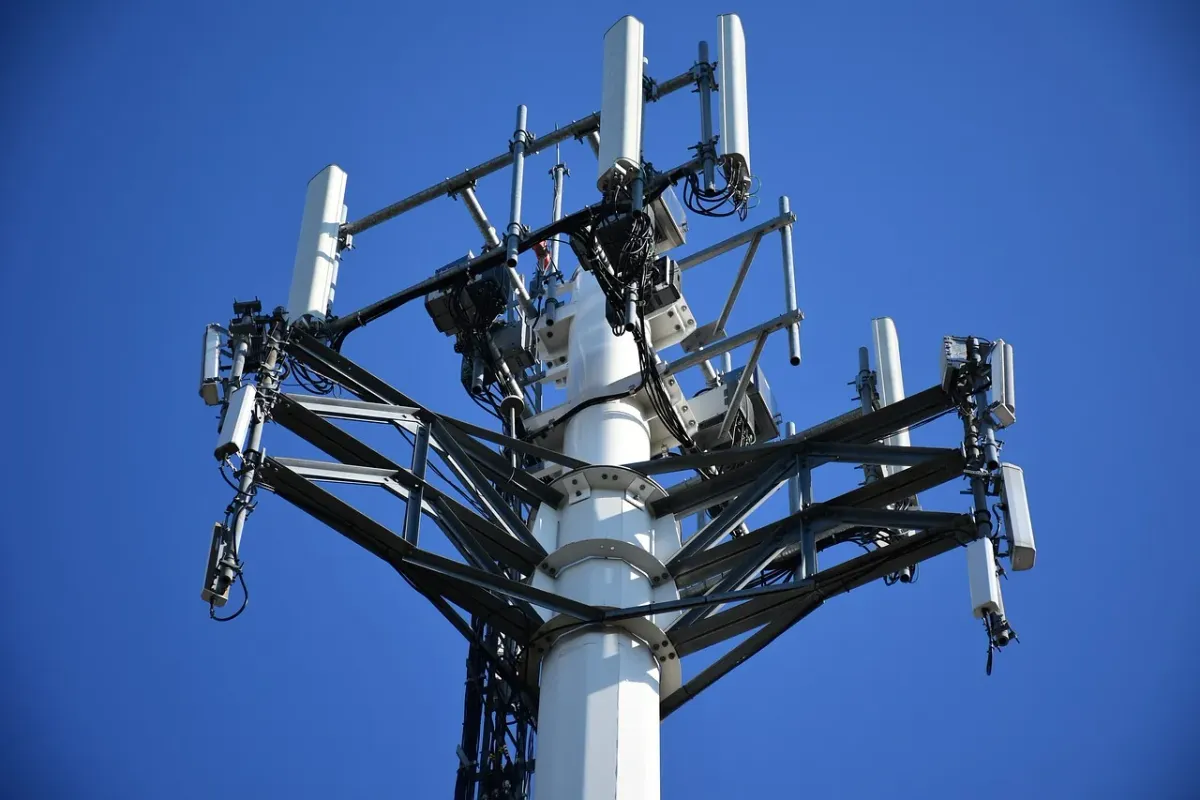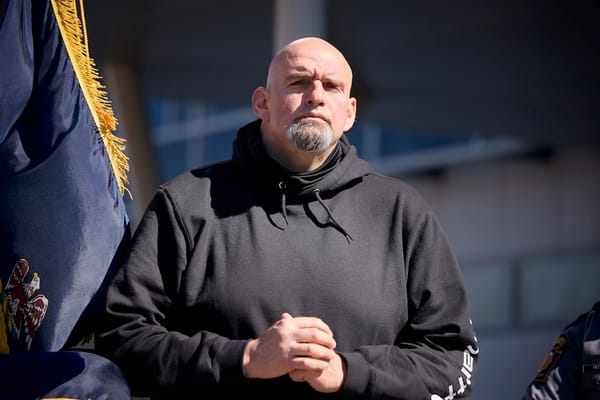Rural Wireless Association Wants Changes to FCC's 5G Fund
The association wants certain USF-eligible areas excluded from an upcoming reverse auction.

WASHINGTON, February 6, 2024 – The Rural Wireless Association is proposing certain areas that are supported by the Universal Service Fund to be excluded from the 5G Fund of Rural America’s upcoming reverse auction to free up funding for areas that are at high risk of losing that support.
The trade association representing rural wireless carriers warns in the letter Friday the current 5G Fund rules would “disaggregate” high-cost USF support in certain areas, potentially leaving “legacy mobile carriers’ investments in their networks stranded.”
The letter additionally calls for cost-based support for Competitive Eligible Telecommunications Carriers saying that their USF support has gradually decreased by 40 percent over time, and does not reflect CETCs actual expenses, but rather those of 2011 market levels.
CETCs are telecommunications companies eligible to receive support from the federal USF to provide affordable communications services in rural, high-cost, and underserved areas.
Over several decades, RWA’s members and other legacy high-cost carriers have used USF funding to continuously maintain and modernize their networks from analog to 2G, 3G, 4G, and now 5G, to serve public interest particularly where alternative options have been lacking for consumers.
If these carriers lose USF support for their service areas as a result of the 5G Fund’s reverse auction, the significant investments in their network and the service to their communities will be placed in jeopardy, according to RWA.
Now, RWA has called for FCC staff to consider modifications to the 5G Fund rules, saying the commission should place focus and consideration on providing offers of cost-based support for at least an 8-year period to CETCs with two million or fewer subscribers so that they can continue to serve communities.
RWA called for the FCC to elect cost-based support saying the underlying cost model could be made easily and readily available by CostQuest.
Regarding the effects of NTIA’s Broadband Equity, Access and Deployment “BEAD” program, RWA highlighted the importance of awaiting the allocation of BEAD projects by the states before proceeding with the 5G Fund’s reverse auction.
RWA explained that numerous members are currently constructing or intend to construct hybrid networks, comprising both fiber and fixed wireless, that might qualify for BEAD funding. If these projects are funded through BEAD, it could significantly reduce the financial requirements from the 5G Fund.








